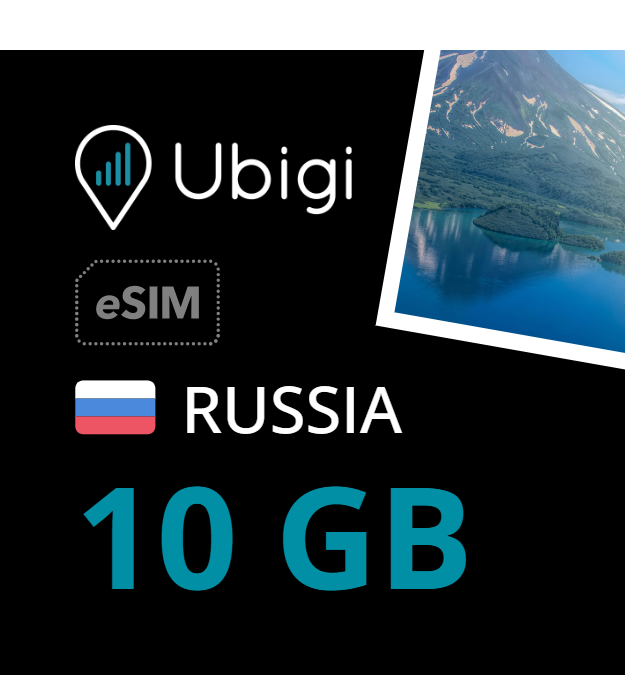
Travelers in Russia Face Roaming Blackout: No Data, No SMS, Only Calls
Travelers in Russia are facing a sudden communications blackout: mobile data and SMS services have been temporarily suspended for customers of Lithuanian and other European operators roaming in the country. The move, announced by Lithuania’s Communications Regulatory Authority (RRT), leaves only voice calls available on Russian networks.
Telia Lietuva confirmed the disruption, saying around 700 of its business and private customers currently in Russia are affected. “We regret this decision by Russia and are closely monitoring the situation,” the company said, noting that calls remain functional but internet access and messaging are blocked. Customers in other Telia group countries are also impacted.
Bitė Lietuva reported that roughly 2,000 of its customers are presently in Russia. “Russia has disabled mobile data and SMS for all visitors. Calls still work. According to our colleagues, this is Russia’s way of shielding itself from drone attacks,” said corporate communications chief Jaunius Špakauskas.
The RRT said the restriction extends to all European operators with roaming agreements in Russia. According to the regulator, Russia’s government has justified the move as necessary “to ensure the safety of Russia and its citizens.” Failure to comply could carry legal consequences for foreign operators, including criminal liability. So far, no official complaints have been filed to the regulator about the disruptions.
A Strategic Digital Blackout
Blocking data and SMS for roaming users is an unusual measure in global telecom practice. Even during geopolitical crises, most countries maintain at least partial connectivity for visitors—primarily because cutting off roaming services risks damaging both tourism and international business relations. For example, during conflicts in the Middle East, operators have slowed down networks or limited certain applications but rarely enforced blanket restrictions on mobile data and messaging for foreign visitors.
Russia’s decision reflects a broader trend of “digital sovereignty,” where states increasingly assert control over internet and telecom flows within their borders. Similar patterns have been seen in countries like Iran, which restricts international platforms and services, and China, where the Great Firewall has long regulated digital access. But blocking entire categories of roaming traffic—like SMS and data—goes further, placing Russia in a small group of states prioritizing internal security over global communications standards.
What This Means for Global Travelers
For Europeans, this raises practical concerns: in an era where eSIMs and digital tools are central to travel, restrictions like these can instantly cut off navigation, banking apps, and secure communications. Globally, we’re seeing more governments weigh national security against digital openness. The GSMA, the industry body for mobile operators, has repeatedly stressed that uninterrupted roaming is a cornerstone of global telecom cooperation—yet Russia’s move challenges that norm.
If the suspension continues or expands, travelers may increasingly turn to alternatives like satellite connectivity (Starlink, Iridium) or encrypted offline apps that don’t rely on local infrastructure. This development also highlights why many travelers are shifting to multi-network eSIMs that can reroute traffic dynamically—though in this case, all Russian networks appear to be enforcing the same restriction.










